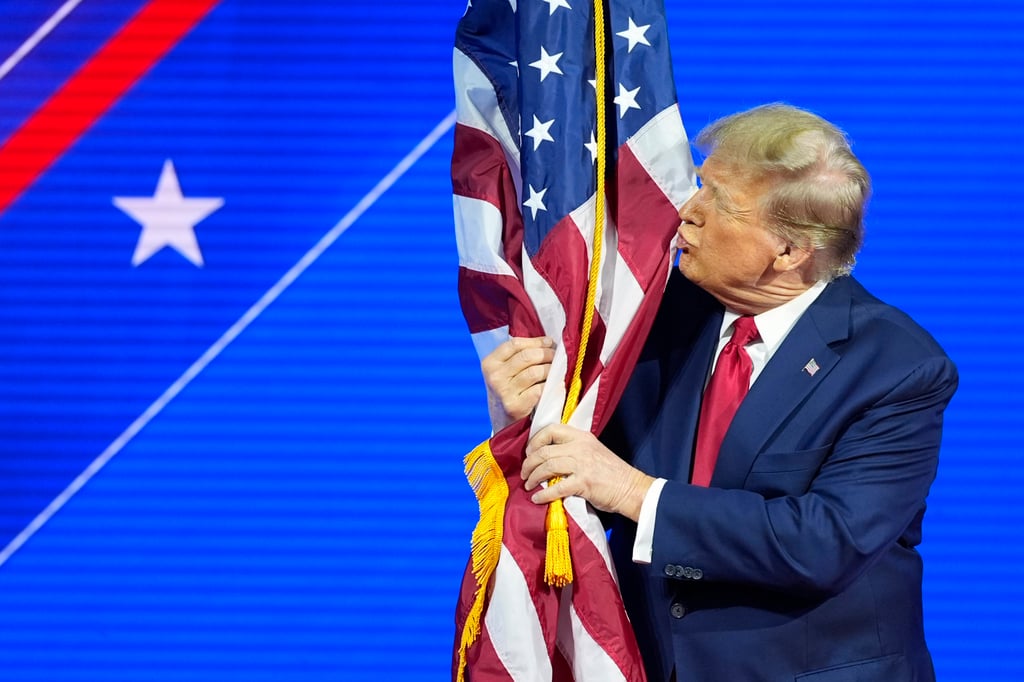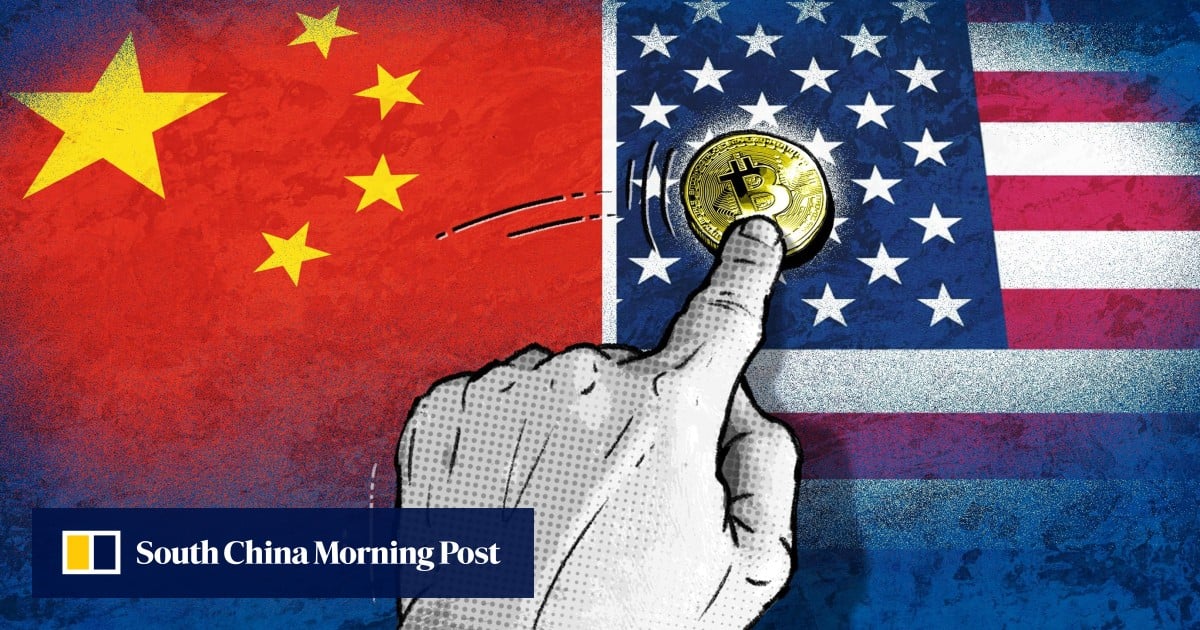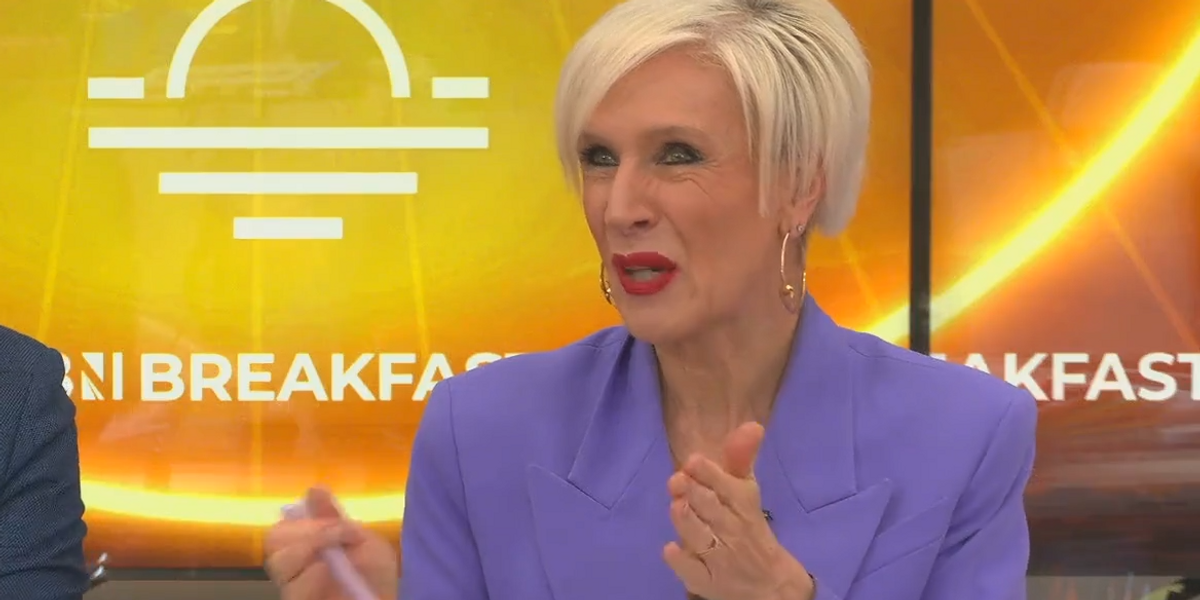For the past eight decades, the Philippines has anchored its foreign policy in a steadfast alliance with the United States, based on mutual security interests and deep historical ties. But as Donald Trump prepares to reclaim the White House, this partnership now faces a formidable test.
Observers warn that Trump’s transactional approach to diplomacy and unpredictable leadership style could strain cooperation between the two treaty allies, at a time when unified action looks ever more essential amid rising tensions with Beijing in the South China Sea.
Given Trump’s reputation “for squeezing allies or resources in order to offer some sort of promise for their defence”, Philippine President Ferdinand Marcos Jnr’s administration is likely concerned about the future, according to Walden Bello, an economist and former Philippine congressman.
“My sense is Malacanang Palace probably knows that the close relationship … is not going to persist under Trump,” he told This Week in Asia, referring to the Philippine president’s official residence.
Beyond their mutual defence obligations, the Philippines relies heavily on the US for aid packages, military modernisation support, intelligence sharing and joint training exercises.

For Washington, this long-standing alliance – nurtured under outgoing President Joe Biden – provides strategic access to Philippine military bases and a key partner in countering Beijing’s expansionism, particularly regarding Taiwan.

 By South China Morning Post | Created at 2024-11-30 00:14:52 | Updated at 2024-11-30 02:30:58
2 hours ago
By South China Morning Post | Created at 2024-11-30 00:14:52 | Updated at 2024-11-30 02:30:58
2 hours ago








